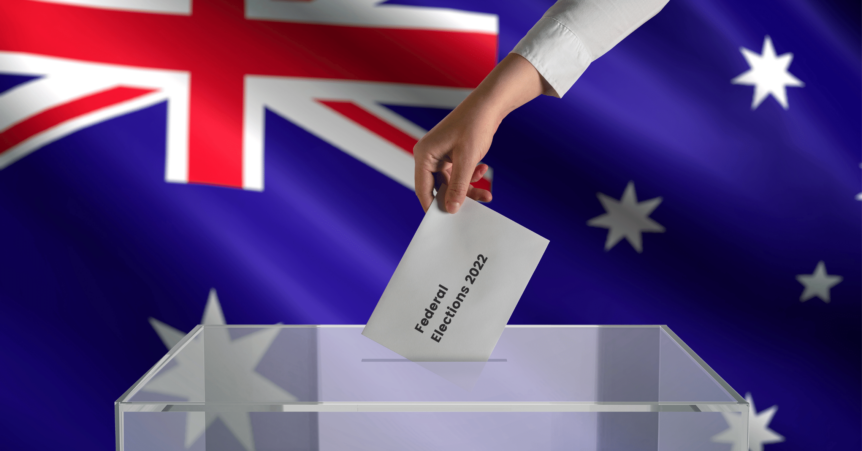With the public view on drug use shifting fast, AIVL would like the elected government in this federal election 2022 to take a more pragmatic and Peer consultative approach while creating policies that affect PWUD (People Who Use Drugs).
Even with decades of history in reducing our nation's drug-related harm, the role and impact of peer-based drug user organisations have historically been under-recognised, and underfunded, and there is a general lack of understanding about harm reduction interventions among the AOD sector and mainstream health services. Harm reduction strategies led by PWUD have been very effective and will continue to be important in reducing drug-related harm. For any public health intervention to succeed, the intervention needs to be adopted by the affected community members, which was highlighted in a systematic review conducted by Marshall et al. who described people who inject drugs in harm reduction initiatives as essential to developing interventions from their living or lived experiences, as peers have a unique ability to deliver harm reduction services from their own experience like no other.
We ask the newly elected government in this federal election, to involve more peer workforce in making sure the public health interventions are reaching the community. For instance, In the recent 2022-23 budget, even with $19.6 million dedicated to the Take Home Naloxone program, there was no reference to any investment in Harm Reduction initiatives- which includes investment in initiatives like peer-to-peer support, implementation and education, and ensures that training and distribution programs on life-saving medicines, particularly Naloxone get into the hands of the community. Moreover, with the lack of such harm reduction initiatives and peers involved in this public health initiative, we are afraid the program might not achieve 100% of its desired outcomes.
Over the decades, the work of peer-based drug user organisations in the AIVL network has evolved; from the dissemination of sterile injecting equipment coupled with peer education about BBVs, to a much wider remit of AOD harm reduction/health promotion education and interventions that address a broad range of drug-related harm, including acute harms like overdose. AIVL urges the Commonwealth Government's Department of Health to increase the level of peer worker involvement in existing relevant Australian Government activity and policies, especially the National Drug Strategy 2017-2026, NDS sub-strategies, which could be expanded upon to include dedicated overdose prevention and response sub-strategy, and the roll-out and remuneration allocations for the Take Home Naloxone program. Peer-based AOD services are evidence-based AOD services. Peer workers use their social capital, knowledge, and experience as a source of active information and approach to harm reduction to reach our community’s most marginalised, vulnerable, and stigmatised population of people who use drugs.
References:
Marshall et.al, ‘Peering into the literature: A systematic review of the roles of people who inject drugs in harm reduction initiatives. Volume 151, 2015, Pages 1-14, ISSN 0376-8716, https://doi.org/10.1016/j.drugalcdep, (https://www.sciencedirect.com/science/article/pii/S0376871615001404)
AIVL is the national organisation representing people who use/have used illicit drugs and is the peak body for the state and territory peer-based drug user organisations.
MEDIA CONTACTS:
Jake Docker, CEO, AIVL – email ceo@aivl.org.au

